These Days, Warhammer Is Having Scalping Issues
These days, scammers can be found everywhere, damaging pastimes left, right, and center in an effort to make quick money. Even worse, it seems to be effective because scalping still arises with every commodity that we normal people want to get but is only available in limited quantities. Scalpers have the tools to avoid internet lines and purchase as much inventory as they can, whether it be Pokemon cards or concert tickets. Regretfully, some frequent gamblers possess the extra money necessary to cover the astronomically high fees that the scalpers subsequently demand. You’re losing out on something, whether it’s a plastic miniature or a PS5.
The fact that Warhammer is being scalped might surprise you. Games Workshop surely has the capacity to just produce more models? It’s not really that easy. The Cursed City, a packaged game, was the first source of the issue. Games Workshop declared that it would be a limited edition item that would only be available for purchase during launch, and that once the supply ran out, it was gone forever. The community was ecstatic—it resembled Warhammer Bloodborne, for the most part. It was then scalped.
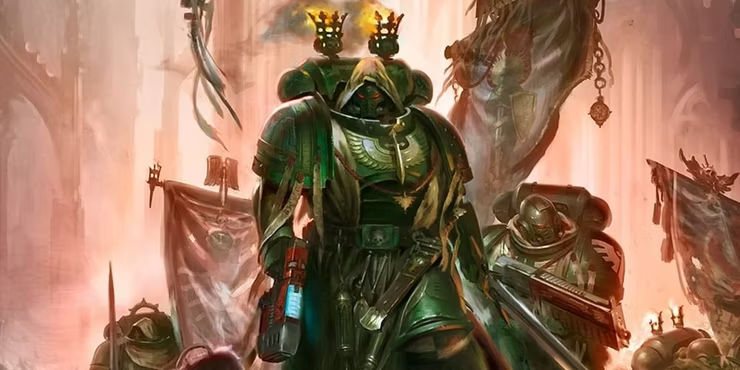
Real players who wished to construct, paint, and play the game for themselves couldn’t find enough copies, but sure enough, copies soon appeared on eBay at exorbitant costs. However, this price made sense because the game was limited edition and was certain to be very well-liked. Why, then, have scalpers targeted Dark Angels Primarch Lion El’Jonson’s most recent release? Though it isn’t limited, it’s a great model that is strong on the tabletop and is sure to become popular. Until it finds a larger, better model for the Emperor’s firstborn, or until there are no more Dark Angels players, Games Workshop will continue to fill its molds with molten plastic.
Simply put, Games Workshop is only able to produce so many Lions at once. Even though the corporation has probably been producing them for some time, a fresh release can only occupy so much warehouse space. In addition, it wants to avoid overestimating demand and having a million extra lumps of plastic that nobody wants to spend £65 on. It therefore first produces a large amount—enough, perhaps, to meet demand, but not so much that there are enormous amounts left over. But it didn’t account for the demand.
On Saturday morning, scalpers flocked to Games Workshop, setting up their scalping robots or whatever device they used, and snatched up as many Primarchs as they could. The 2,000-copy limited edition novel that was also published at that time irritated me more, but at least I can see why it was scalped. It is not common. The Lion is only uncommon if you absolutely must have it immediately and cannot wait for a month or so for restock.
The price gouging has continued despite this. The model has sold for anywhere between £70 (what’s the point of scalping for five pounds?) to £395 (including freight from Norway, so that had to be money laundering, right?), according to eBay postings. The model has typically sold on eBay for around twice its suggested retail price.
I find it hard to understand why Warhammer figures are being scalped. nor specially numbered models, nor extremely rare—just a huge, desirable boy. Will this be the case with each and every Warhammer release going forward? Why aren’t businesses developing safeguards to enable true enthusiasts to obtain the models they desire? Although scalping still occurs with Ticketmaster’s gig tickets on a tiny scale, the corporation has taken some action against it, so it’s better than nothing. Scalping will just make Warhammer an even more exclusive hobby for millions of people, as it currently is an expensive one. It is imperative that Games Workshop assume accountability and eliminate scalping before it has a chance to further entrench itself in the community.






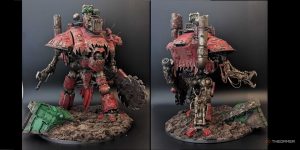
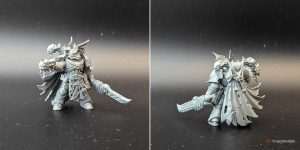
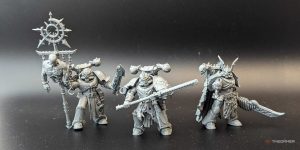
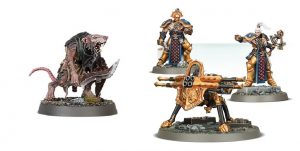




Post Comment